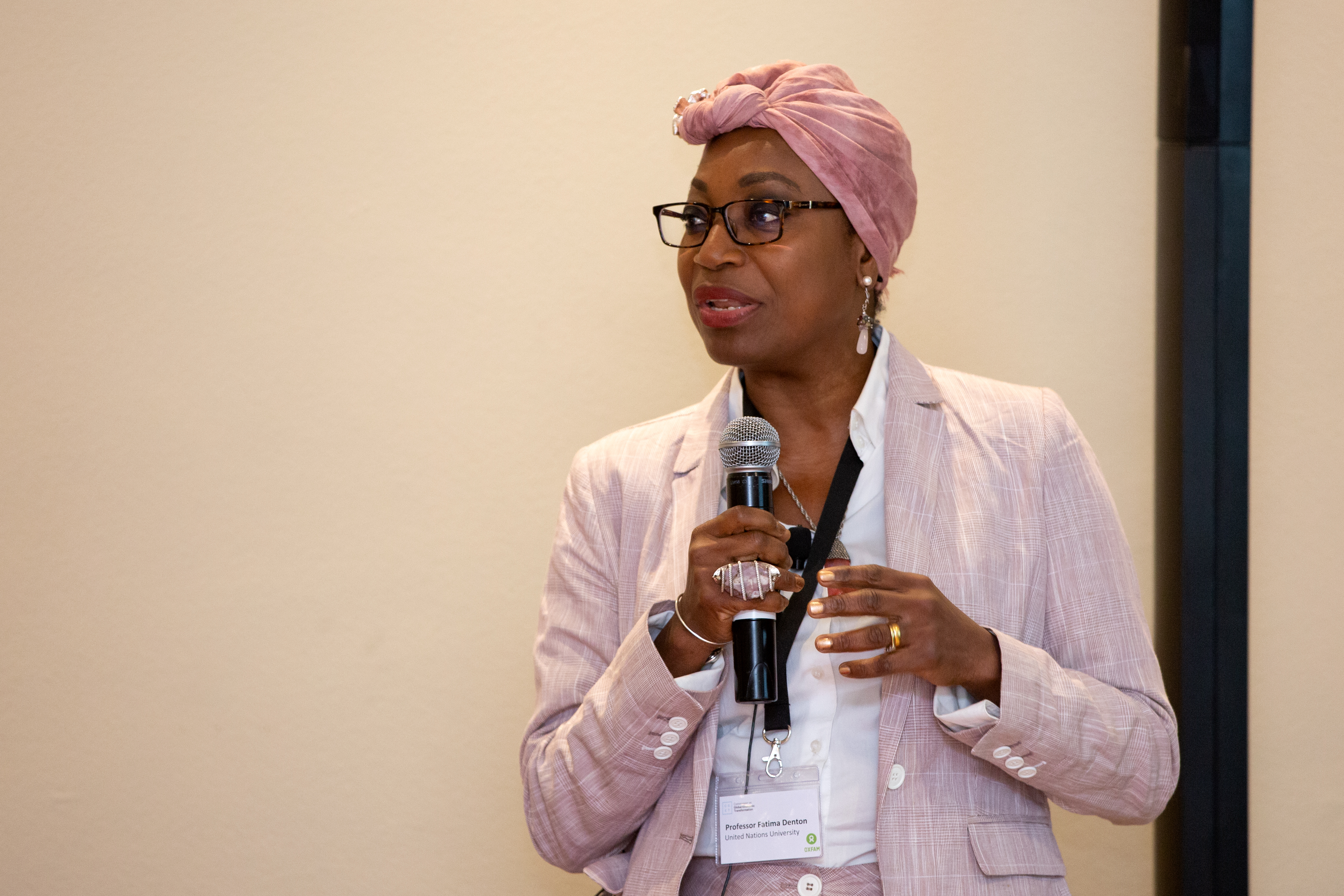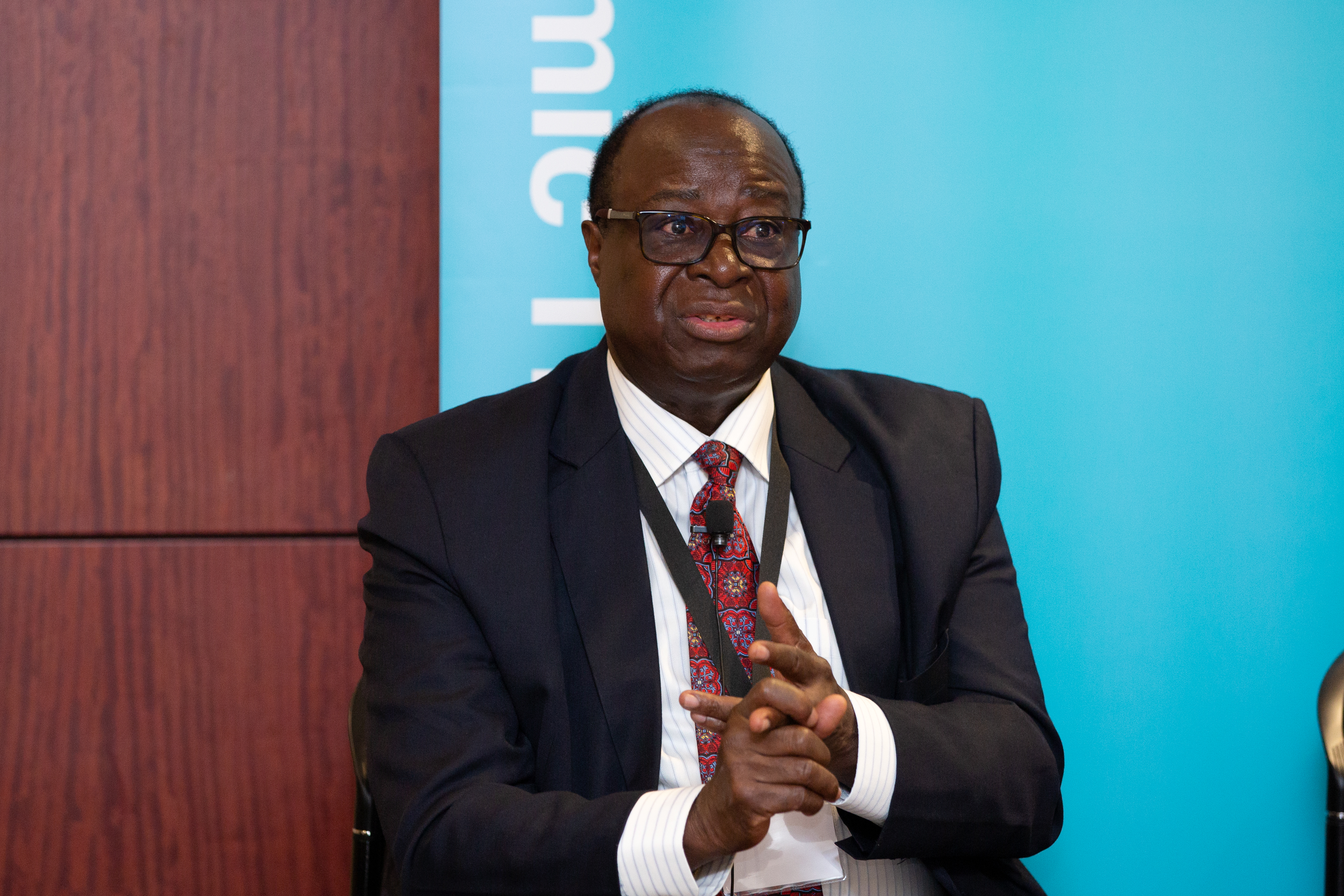Dr Camilla Toulmin is Senior Associate at the International Institute for Environment and Development (IIED), and its former Director (2003-2015). She also holds a professorship at Lancaster University where she focuses on linking research and practice on environment and development in Africa. An economist by training, she has worked mainly in Africa on agriculture, land tenure, climate and livelihoods. This has combined field research, policy analysis and advocacy. Her work has aimed at understanding how environmental, economic and political change impact on people’s lives, and how policy reform can bring real change on the ground. This has combined field research, policy analysis, capacity building and advocacy. It has involved engaging with people at many different levels from farmers and researchers, to national governments, NGOs, donor agencies and international bodies.
A Fellow of the Open Society Foundations (2016-2017) she has recently completed a longitudinal study of her former field-work sites in central Mali, to document change over 35 years in farming livelihoods in this dry, risk-prone environment. This has been published in January 2020.
Camilla studied Economics at Cambridge and London, before gaining her doctorate in Economics at Oxford. Her doctoral thesis was published by OUP: Cattle, women and wells: Managing household survival in the Sahel. Camilla is fluent in English and French. She is Chair of tve, and the Advisory Board of the Centre for Understanding Sustainable Prosperity (CUSP), trustee of Little Sparta, Oxford University’s Environmental Change Institute, the St Andrews University Prize for the Environment, and the Institut Français d’Ecosse.
Her new book – Land, Investment and Migration: Thirty-five years of village life in Mali – was published by Oxford University Press in January 2020.
Recent publications include:
Desertification in the Sahel: Local Practice meets Global Narrative, Toulmin, C and Karen Brock. In (Eds) Behnke, R. and Mortimore, M. (2016). The End of Desertification, Springer Verlag, Berlin.
Investing in institutional software to build climate resilience. C Toulmin, C Hesse, D Tari and C King-Okumu (June 2015). http://anglejournal.com/articl…
What can the social sciences bring to an understanding of food security? (Eds) Cooper, C and Michie, J (2014) Why the social sciences matter. Palgrave.
Climate change in Africa (Zed Books, 2009).




